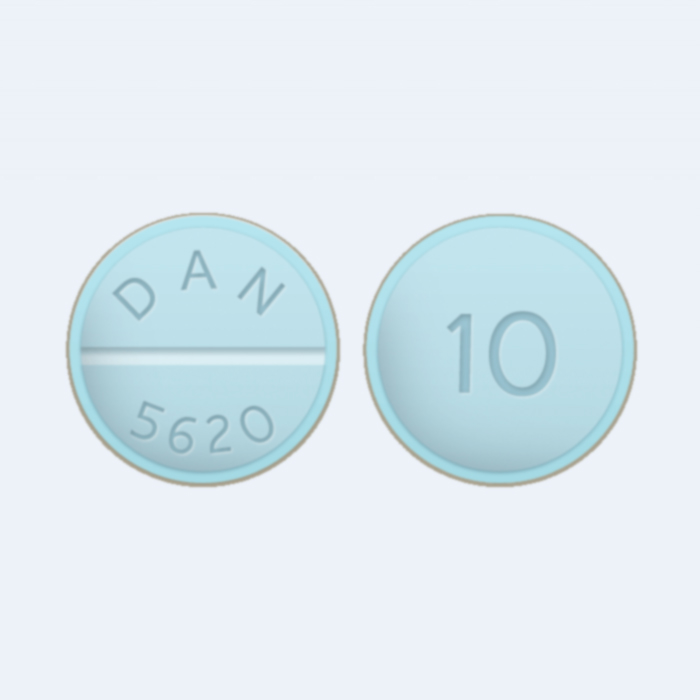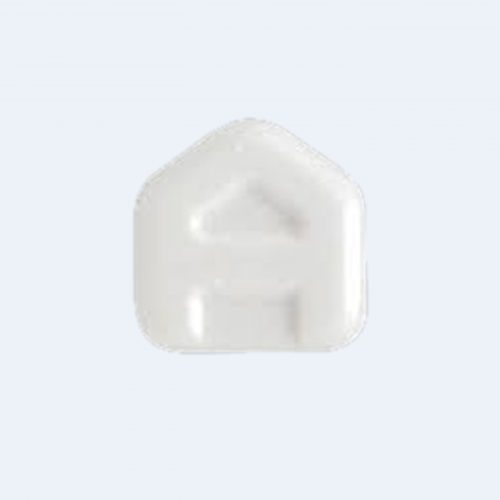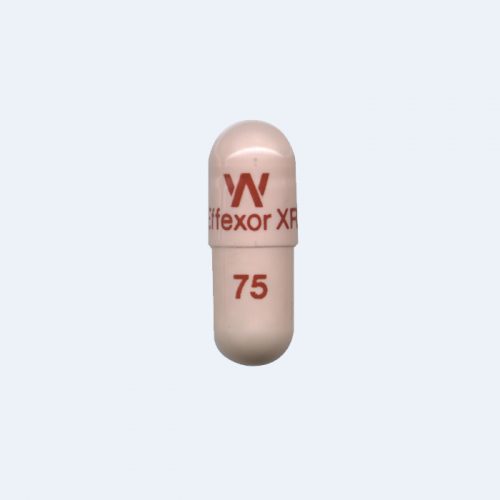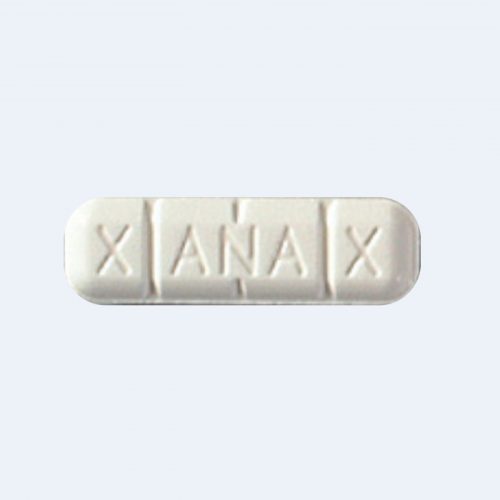Valium

Xanax
November 17, 2016
Ativan
November 17, 2016Detailed Description of Valium
Valium is often taken to treat such medical conditions as seizures, anxiety and acute alcohol withdrawal. Sometimes, patients use this medicine to provide necessary sedation before different medical procedures and relieve their muscle spasms.
Basically, it belongs to a class of meds called benzodiazepines, and it affects nerves and the brain, thus, causing them to produce a calming effect. This medication also works by improving the effects of GABA, and some people take it to prevent night terrors.
Important Details about Its Proper Use
You need to take Valium orally, and your correct dose always depends on your age, health condition and individual response.
Remember that this medication is habit-forming, so it’s not allowed to increase your regular doses and take it for a long period of time and more often than prescribed. Besides, when patients take Valium to control seizures for a long time, they shouldn’t stop using it without approval of their physicians.
It’s also advisable to avoid drinking grapefruit juice and eating grapefruit while undergoing this treatment because these products may increase the amount of this medicine in the bloodstream.
Some Possible Side Effects
Patients may develop unwanted symptoms when taking Valium, including:
- Dizziness and headaches;
- Fatigue and drowsiness;
- Blurred visions and constipation.
Despite they are mild and happen in rare cases, but if people notice the following serious side effects they should go to the hospital at once:
- Mood and mental changes;
- Trouble walking;
- Slurred speech;
- Tremor and clumsiness;
- Trouble urinating;
- Increased or decreased interest in sex;
- Sleeping disturbances;
- Stomach pain;
- Persistent vomiting and nausea;
- Dark urine;
- Yellow skin and eyes;
- Fever or sore throat;
- Allergic reactions.
Things to Know before Using Valium
Before you decide to take this medication, you should visit your doctor to discuss the ins and outs, especially if you have any allergies, glaucoma, breathing trouble, muscle disease, kidney and liver conditions, drug and alcohol abuse, breathing and lung issues and so on.
Valium can make patients feel drowsy, dizzy and result in blurred vision, so they shouldn’t drive or do other things that require their complete attention. They also need to avoid drinking alcohol when taking this medicine.
Children and older patients should be careful with Valium because they are more likely to develop unwanted side effects.
Drugs to Avoid when Taking Valium
There are certain medications that shouldn’t be taken together with Valium because of possible drug interactions that lead to its reduced effectiveness and increased adverse effects.
For example, they include some antidepressants, anti-seizure drugs, muscle relaxants, antihistamines, narcotic pain killers, tricyclics, psychiatric medications, pills for sleep, tranquilizers, levodopa, kava, digoxin, phenytoin and some others.







